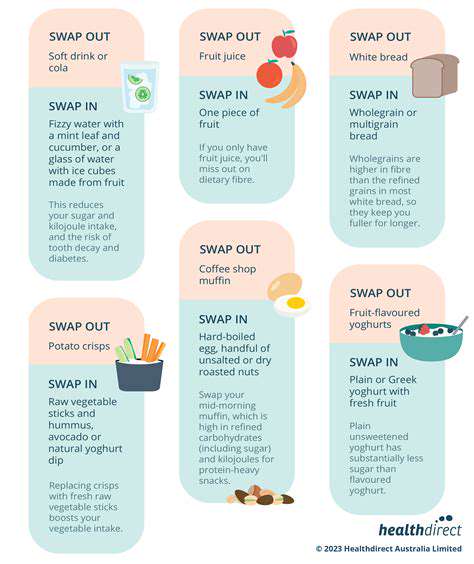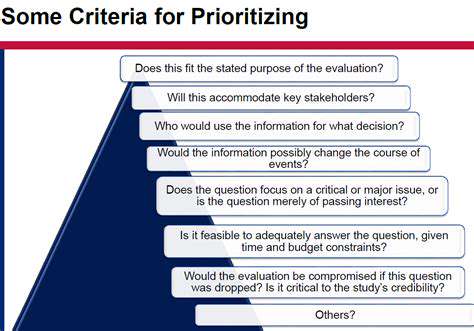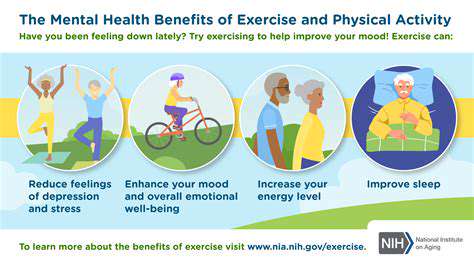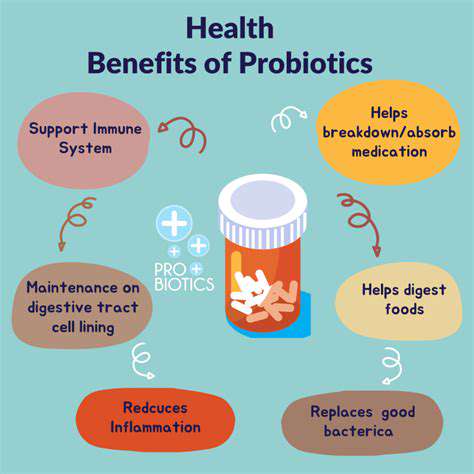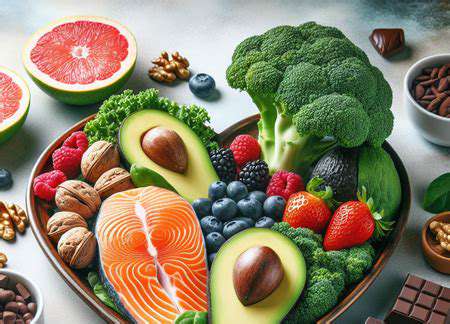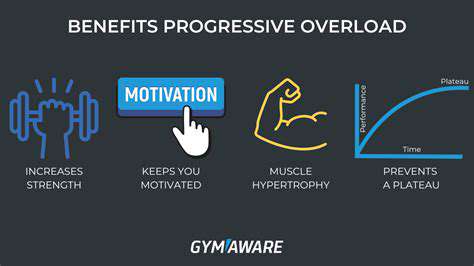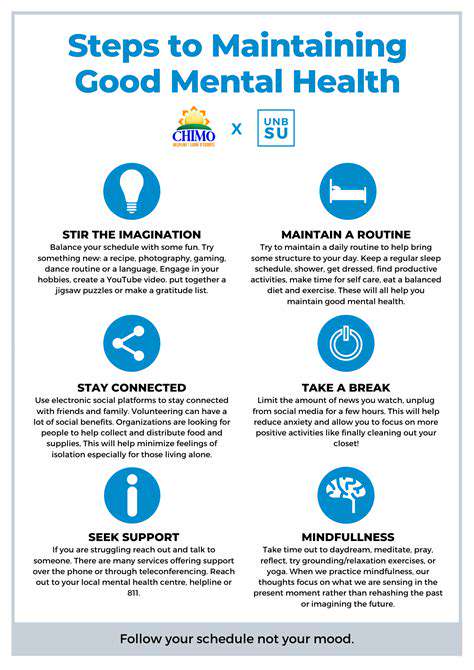Best Vegan Recipes for Muscle Gain
Protein serves as the cornerstone for muscle development and tissue repair. This essential macronutrient plays the lead role in constructing and preserving muscle mass. When you consume sufficient protein, your body receives the amino acids required to generate new muscle fibers following exercise sessions. Incorporating lean protein options such as poultry, seafood, legumes, and lentils proves vital for supporting muscular development.
Resistance training initiates muscle protein synthesis, and proper protein consumption amplifies this biological process. Insufficient protein intake severely limits your body's ability to repair and rebuild muscle tissue, creating roadblocks in your fitness journey.
Carbohydrates: Your Body's Energy Currency
Carbohydrates function as the primary energy source, particularly during demanding physical activity. They supply the necessary fuel for muscle contractions and peak athletic performance. Nutritionists recommend complex carbohydrates from whole grains, fruits, and vegetables rather than simple sugars for prolonged energy maintenance.
Fats: The Hormone Regulators
While frequently underestimated, healthy fats perform critical functions in muscle development and general wellbeing. These lipids prove indispensable for hormone regulation, especially testosterone production which directly influences muscle building. Excellent sources include avocados, various nuts and seeds, and oily fish like salmon.
Maintaining proper intake of beneficial fats helps optimize hormonal balance, thereby supporting both muscle growth and recovery processes.
Creatine: Boosting Athletic Performance
Creatine stands as one of the most effective performance-enhancing supplements available. This naturally occurring substance helps generate additional energy during high-intensity training. Supplementing with creatine can dramatically improve strength and power capacity, enabling you to handle heavier weights and surpass previous limitations.
Electrolytes: The Hydration Guardians
Essential minerals including sodium, potassium, and magnesium serve crucial functions in hydration maintenance and muscle operation. Electrolyte disturbances frequently cause muscle cramps and exhaustion, negatively impacting workout quality. Maintaining proper electrolyte levels, particularly during and after strenuous exercise, proves essential for optimal muscular function and preventing performance setbacks.
Consuming electrolyte-rich foods or specialized beverages helps maintain mineral equilibrium. Proper hydration remains paramount for muscle recovery and athletic output, with electrolytes playing a central role in this physiological process.
Recovery: The Silent Growth Partner
Though frequently neglected, sufficient rest and recovery prove equally important as nutritional intake. Quality sleep serves as the foundation for muscle repair and development. During sleep cycles, your body reconstructs exercise-damaged muscle tissue, facilitating growth and strength improvements. Experts recommend 7-9 hours of uninterrupted sleep nightly for optimal recovery.
Additionally, implementing active recovery methods like gentle stretching or foam rolling enhances muscular blood flow, accelerating recovery while reducing post-workout soreness. Making recovery a priority carries equal importance to consuming the proper macronutrient balance.
Protein Powerhouses for Muscle Gain
Optimal Protein Sources for Muscle Development
Diversifying protein sources becomes particularly important when pursuing muscle growth through plant-based nutrition. Contrary to common assumptions, vegetarian proteins can match animal-based equivalents when combined with appropriate training and caloric intake. Emphasizing varied options including lentils, chickpeas, tofu, tempeh, and edamame delivers the complete spectrum of amino acids necessary for muscle construction and repair. These selections also contribute to general health by supplying essential vitamins and minerals.
Legumes, especially lentils and chickpeas, represent outstanding protein and fiber sources. Their cost-effectiveness and culinary versatility allow incorporation into numerous dishes ranging from hearty stews to fresh salads. The fiber content additionally supports digestive health, which proves vital for nutrient assimilation and bodily functions.
Recovery-Enhancing Plant Proteins
Beyond fundamental protein sources, consider integrating foods that specifically aid post-workout recovery. Quinoa, as a complete protein, delivers balanced amino acids that facilitate muscle repair and growth. Its neutral taste profile makes it adaptable to various culinary applications from salads to stir-fry bases.
Spinach, while often overlooked as a protein source, provides substantial plant-based protein alongside critical micronutrients. Combining spinach with other high-protein foods around workout times can significantly improve recovery rates and support comprehensive health.
Strategic Protein Pairing for Maximum Results
While individual plant proteins contain amino acids, strategically combining different sources creates complete protein profiles that optimize muscle synthesis. Classic combinations like rice and beans, or tofu with whole-grain products, supply all essential amino acids required for muscle development. These thoughtful pairings ensure your body receives the necessary components for tissue repair and growth, supporting your fitness objectives.
Timing Your Protein Intake
Protein consumption timing significantly influences muscle development, requiring special consideration in plant-based diets. Consuming protein-rich foods before and after training sessions maximizes muscle protein synthesis and recovery. Pre-workout options might include plant-based protein smoothies or nut-and-fruit combinations, while post-workout meals should focus on complete proteins like lentil-based dishes or tofu preparations to restore muscle glycogen and initiate repair.
Distributing protein intake evenly throughout the day maintains consistent muscle protein synthesis. This approach ensures your body continuously receives the protein required for growth and tissue maintenance.
Nutritious Vegan Recipes for Muscle Development
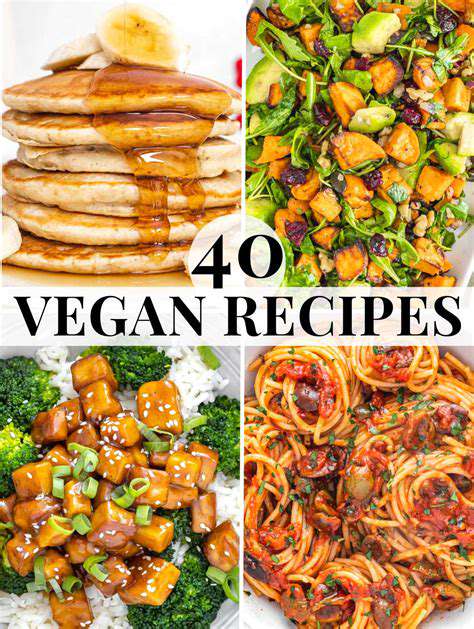
High-Protein Tofu Scramble
This satisfying tofu scramble offers an excellent plant-based protein start to your day. Its remarkable versatility allows endless customization with preferred vegetables and seasonings. Using firm or extra-firm tofu creates a substantial breakfast, lunch, or dinner option. The tofu readily absorbs accompanying flavors, producing a savory dish suitable for any meal. Nutritional yeast adds cheesy notes, while various herbs and spices allow personalized flavor development.
Properly pressing the tofu before cooking enhances both protein concentration and texture by removing excess moisture. Consider adding diced vegetables like onions, bell peppers, leafy greens, or mushrooms for additional nutrients and flavor complexity.
Muscle-Building Lentil Soup
This traditional lentil soup delivers substantial protein and fiber in a comforting format. It provides lasting satiety and sustained energy, supporting muscle-building efforts. The recipe adapts easily to various dietary requirements and preferences, making it a practical meal planning solution. The harmonious blend of lentils, vegetables, and spices creates a deeply satisfying culinary experience.
This nutrient-dense soup supplies important iron content, crucial for red blood cell production and overall energy maintenance. Its straightforward preparation with minimal ingredients makes it an ideal choice for busy weeknights.
Protein-Rich Black Bean Burgers
These plant-based burgers offer a nutritious alternative to traditional meat patties. Packed with protein and fiber, they provide satisfying meals that support fitness goals. These burgers work perfectly for quick dinners or casual gatherings, offering versatility for various occasions.
The black beans deliver substantial plant-based protein that aids muscle development and repair. Incorporating spices like cumin and chili powder enhances flavor profiles, while additional vegetables boost nutritional value.
Recovery-Boosting Chickpea Curry
This aromatic chickpea curry serves as a flavorful recovery meal post-workout. The combination of chickpeas, vegetables, and spices creates a hearty dish ideal for cooler evenings. It delivers substantial protein and essential nutrients that facilitate muscle repair and growth.
The curry's spices, particularly turmeric, contain natural anti-inflammatory compounds. These properties help alleviate exercise-induced muscle inflammation and soreness, promoting faster recovery.
Energy-Sustaining Quinoa Salad
This refreshing quinoa and spinach salad provides balanced nutrition and prolonged energy. The mixture of quinoa, leafy greens, and fresh vegetables delivers comprehensive nutrient coverage. It serves excellently as a light lunch or nutritious side dish complementing various entrees.
Quinoa's status as a complete protein provides all essential amino acids, making it particularly valuable in plant-based nutrition. Its slow-releasing energy supports sustained workout performance and daily activities.
Nutrient-Dense Chia Pudding
This straightforward chia pudding offers a convenient, protein-packed breakfast solution. Chia seeds deliver impressive nutritional profiles including omega-3s, fiber, and protein. It's perfect for those seeking quick, nutritious morning meals or healthy snacks.
Chia seeds' unique ability to absorb liquid creates a satisfying, pudding-like consistency. Topping with fruits, nuts, and seeds enhances both nutritional value and flavor dimensions, creating a fulfilling breakfast option.

